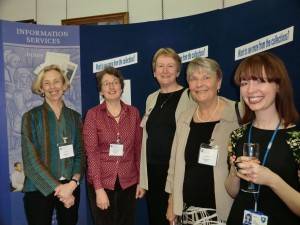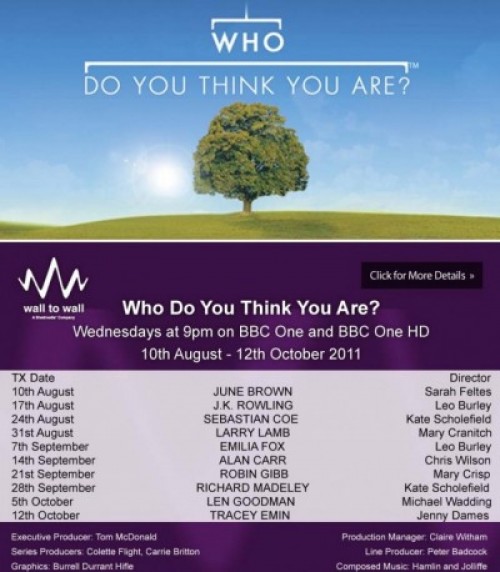The Centre for the History of Medicine and Disease is delighted to announce a forthcoming exhibition:
An exhibition of the history of the public images of embryos and foetuses will take place in the Holliday Building at Durham University’s Queen’s Campus in Stockton-on-Tees from Friday 7th October until Friday 9th December.
The Foetus Goes Public looks at how images of embryos and foetuses shape our understanding of life and reproduction. This exhibition tells the fascinating story of how the foetus moved from obscure medieval manuscripts to become a public icon in the twentieth century that, today, is available to everyone at any time through the internet.
Dr Lutz Sauerteig from the Centre for the History of Medicine and Disease will officially open the exhibition on 7th October at 1.30 pm.
The exhibition is accompanied by a series of public lectures :
Prof John McLachlan (School of Medicine and Health), ‘Imagining the Embryo’ (21 October, 12.45pm, Holliday Building, Room A011).
Dr Nadja Reissland (Department of Psychology), ‘Fetal Crying: Is the Fetal Cry Face Gestalt Associated with Prenatal Depression and Attachment?’ (11 November, 10.00 am, Wolfson Research Institute, Room F009).
Dr Sebastian Pranghofer (CHMD and Department of Philosophy), ‘Personhood Before Birth? Early Modern Images of the Unborn’ (25 November, 12.45pm, Holliday Building, Room A015/016).
Entry to the exhibition and the lectures is free.
For more information, contact Rachel Simpson on telephone 0191 3340700, email: rachel.simpson@durham.ac.uk or visit http://www.dur.ac.uk/chmd/.
Best wishes
Rachel Simpson
Administrator/Outreach Officer
Centre for the History of Medicine and Disease
Wolfson Research Institute, Durham University
Queen’s Campus, University Boulevard
Stockton-on-Tees TS17 6BH
Tel: 0191 334 0700



